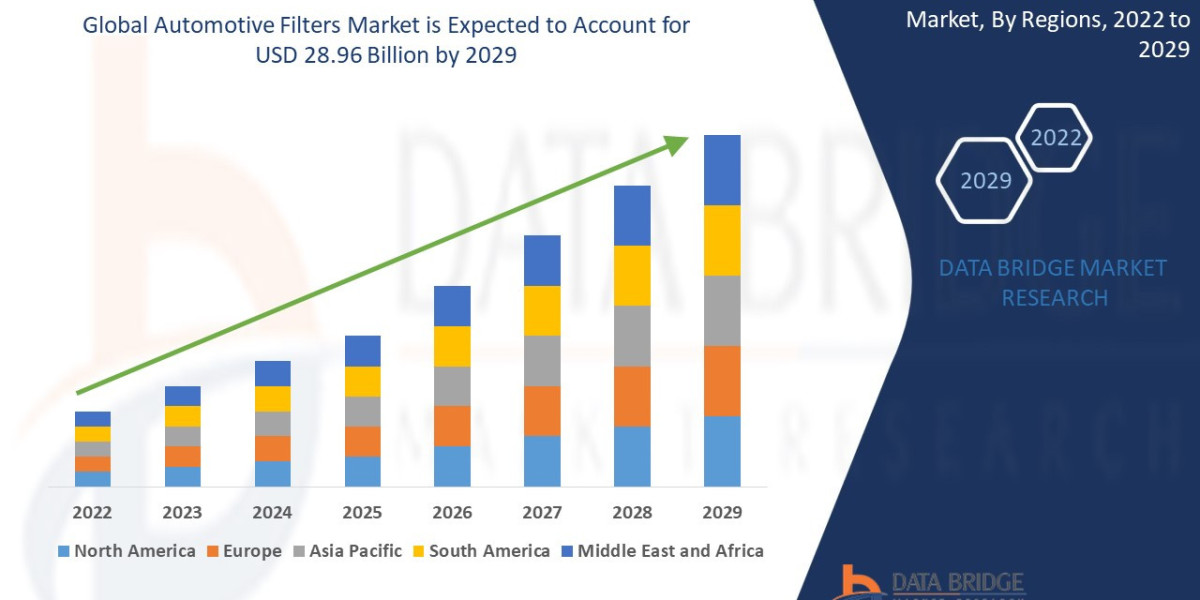Traffic signal controllers, the unsung heroes of urban infrastructure, are undergoing a profound transformation. From simple timed switches to sophisticated, AI-powered systems, these devices are crucial for managing traffic flow, enhancing safety, and reducing congestion in our increasingly crowded cities. The evolution of smart cities, coupled with the rapid adoption of connected and autonomous vehicles, is propelling the traffic signal controller market into a new era of innovation.
The push for smart cities is a major catalyst. These initiatives prioritize efficient resource management, and traffic flow optimization is a critical component. Modern traffic signal controllers, often integrated with IoT sensors, real-time data analytics, and AI algorithms, can adapt to changing traffic conditions, minimize delays, and even prioritize emergency vehicles. This shift from fixed-time to adaptive traffic control systems is a defining trend, with the adaptive segment poised for significant growth.
From a product perspective, while standard controllers still hold a significant share due to their cost-effectiveness and widespread existing infrastructure, smart controllers are rapidly gaining traction. Their ability to integrate with broader smart city platforms, offer real-time insights, and support future innovations like vehicle-to-infrastructure (V2I) communication is driving their adoption. The software segment within traffic signal controllers is also growing rapidly, as the intelligence and adaptability of these systems increasingly reside in their software functionalities.
Geographically, North America currently leads the market, holding over 37% of the market share in 2022, driven by established infrastructure and significant investments in smart city projects. However, Asia-Pacific is emerging as a high-growth region, propelled by rapid urbanization, increasing vehicle ownership, and government initiatives to modernize transportation infrastructure in countries like India and China.
Looking ahead, the market will witness further integration of advanced technologies. The rise of connected and autonomous vehicles will necessitate even more sophisticated and responsive traffic signal controllers capable of real-time communication and predictive traffic management. While challenges such as the high initial cost of smart controllers and the need for standardized technologies remain, the relentless pursuit of safer, more efficient, and sustainable urban mobility will ensure the traffic signal controller market remains a dynamic and critical sector.
Get Sample Report: https://www.theinsightpartners.com/sample/TIPRE00017016
Author's Bio:
Nilesh Shinde
Senior Market Research expert at The Insight Partners








